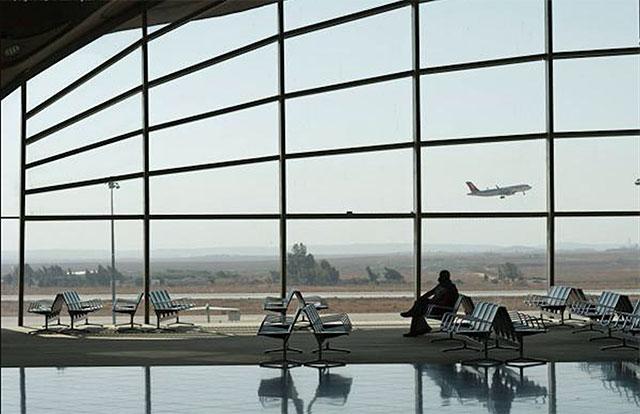- Local News
- Mon-2020-07-06 | 04:38 pm

The ministry acquainted the WTTC with its procedures in dealing with the pandemic before the council granted Jordan the stamp, which highlights the "success” of the government and medical personnel in dealing with the virus, Shweikeh said at a press conference broadcast live from the Prime Ministry.
The minister said that the government adopted three steps to deal with the virus outbreak, the first being an immediate response that entailed a full nationwide lockdown of all tourist sites and facilities to protect all workers in the sector.
The second phase dealt with adaptation and included procedures aimed at protecting and gradually reopening the sector, while the third stage was the recovery stage involving reopening facilities for domestic tourism, she added.
In regards to programmes to support the country's tourism industry as it slowly comes to life again, Shweikeh said that some 4,700 Jordanians have so far benefitted from the "Urdun Jannah” programme, visiting the Kingdom's tourist attractions.
The government has launched the website salamtak.gov.jo to organise medical tourism procedures to the Kingdom, she said, noting that the website includes information about prices, hospitals and transport.
"Our ability to control the pandemic and the fact that our private hospitals have remained free of the COVID-19 virus have contributed to receiving a lot of applications from abroad for medical tourism," the minister said.
Shweikeh also noted that the tourism sector was "among those most affected" by the pandemic and that the government is "trying its best" to alleviate its impact through implementing several procedures.
Also speaking at the press meeting, Brig. Gen. Mazen Faraiah, director of operations at the National Centre for Security and Crisis Management’s crisis cell, said that more than 20,000 Jordanians have been repatriated in three phases, noting that more Jordanians will be brought home in the future.
According to Faraiah, registration for the fourth phase started on Saturday. Bookings on Royal Jordanian flights were made from 11 countries.
The next phase for Jordanians wishing to return to the Kingdom via land borders will commence on Friday and will last for three days. Arrivals will be welcomed from Syria, Saudi Arabia, Palestine and Iraq, the director said, expecting some 500 Jordanians to return.
The number
of infections among arrivals in the third phase was "significant”,
totalling 195 cases, which is double the number of cases confirmed
during the first and second phases combined, he said. This caused delays
in ending the compulsory quarantine for arrivals at Dead Sea hotels,
the director added.









